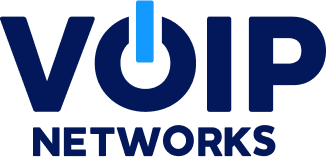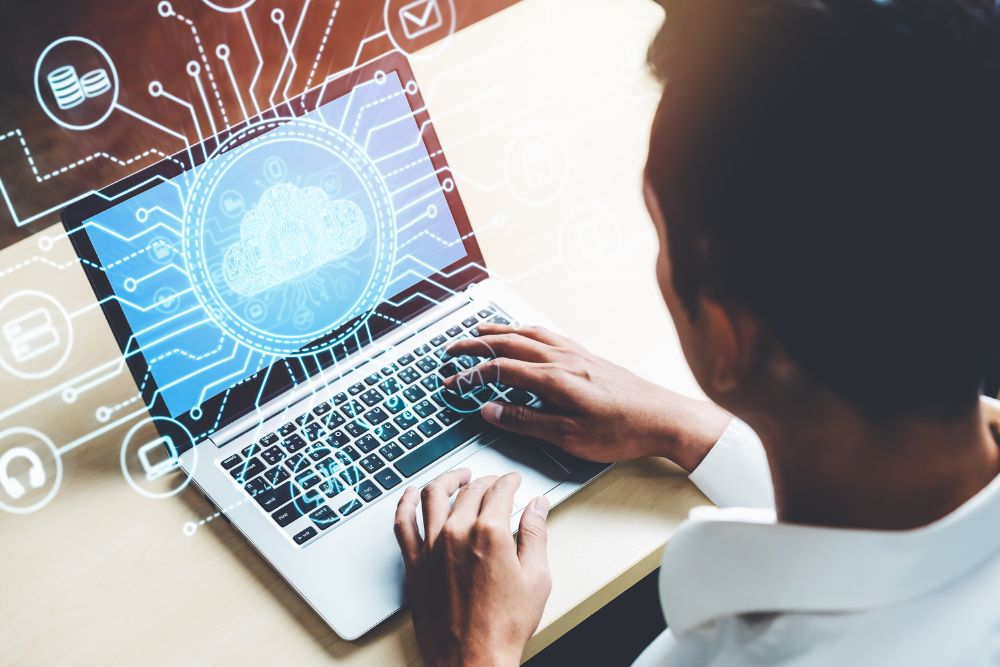
It comes to no surprise that most modern businesses today are already using the next generation of telephony technology, VoIP. These digital phones, with their advanced features and integrated networks, can save both time and money. However, it is important that all businesses realize that even though VoIP offers many productivity and financial benefits, precautions need to be taken to stay protected from security risks.
Vulnerabilities
Securing a VoIP system is a bit more complicated than just securing a straight data network and this can create some vulnerability for the system. However, no one should ever let security vulnerabilities detour them from using an IP phone system. Especially since one of the biggest security threats, eavesdropping or having a “tapped” phone line can happen on both an IP phone system and on a POTS. Luckily, knowledge is one of the best methods of prevention, especially in this case. Here are some of the top VoIP security risks.
Malware and Viruses
Just like any other internet application, VoIP equipment and software is vulnerable to viruses, worms, and malware. VoIP equipment such as soft phones utilizes an application that runs on a PDA and PC. Due to this, it can be easily exposed to a malicious code attack.
VoIP Phishing
Also known as ‘vishing,’ VoIP phishing is when you get a call and the person on the other line is pretending to be a trustworthy organization and is requesting sensitive data. Unfortunately, in these situations the criminals may have some information about you, which often adds to their ‘credibility.’ This can create a false sense of security which can lead you to give them more sensitive information.
DoS (Denial of Service) Attacks
Denial of Service (DoS) attacks can overload a VoIP network or device and has the ability to consume all available bandwidth. Denial of Service attacks often results in the halting of call processing by inundating the target with redundant SIP call-signaling messages which can lead to VoIP calls being dropped prematurely. Also, a DoS attack can be utilized so the attacker can gain control of the system administrative tools.
Eavesdropping/ Service and Identity Theft
Hackers can phreak VoIP services to gain ‘free’ access by using or stealing the service from another service provider. Hackers not only do this to gain ‘free’ access, but they also use eavesdropping to acquire sensitive business information such as passwords, user names, phone numbers, as well as other vital business data. Phreakers can access voice mail, tamper with phone conversations, can alter the service by changing calling plans and the call forwarding number, and more.
How to Protect Your Company
Even though this is not a new concern, the threat of cyber-attacks is very real. Luckily, despite VoIP’s security issues you can still help mitigate the risks and protect yourself from hackers and eavesdroppers. Here are some of the ways you can help keep your IP phone system healthy and secure.
- Make sure your computer’s operating system and your computer’s anti-virus software remains up to date. Also, ensure that you have an intrusion prevention system (IPS) and a VoIP firewall intact. By employing these methods, you are practicing the most effective way to help keep your data safe and secure.
- To add another layer of security, utilize VPNs to protect calls made through mobile/wireless networks. Using a Virtual Private Network (VPN) is one of the easiest ways to secure connections for your off-site or remote workers.
- If possible, have two separate connections. By having one connection dedicated to your VoIP line, attacks or viruses that may threaten your data network will not affect your phone.
- Don’t rely on Wired Equivalent Privacy (WEP) security, which is an old, less secure piece of technology. Instead, use wireless security standards such as IEEE 802.11i, WPA, and WPA2.
- IEEE 802.11i, WPA, and WPA2 devices come with advanced encryption and authentication technology, so use it. Help keep out unauthorized users by turning on any authentication and encryption features that are available.
- Employees, contractors, and the like, all need to be on the same page when it comes to security measures and policies. Everyone needs to understand and follow certain security practices such as refraining from clicking on web links in a phishing email and avoiding suspicious looking websites.
- All users need to know and understand the system’s built-in security features and security policies. Some simple, yet effective practices that everyone should follow are to delete messages that contain sensitive information immediately, use strong passwords, and change passwords often.
- If you see something, say something. Immediately report any strange or suspicious activity to your service provider.
At VOIP Networks, we can streamline and strengthen your business’ security with our state-of-the-art communication solutions. Contact us today to get more for less with VOIP Networks.





